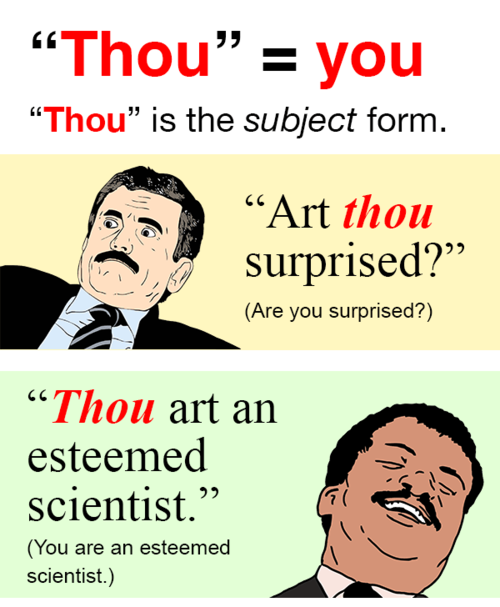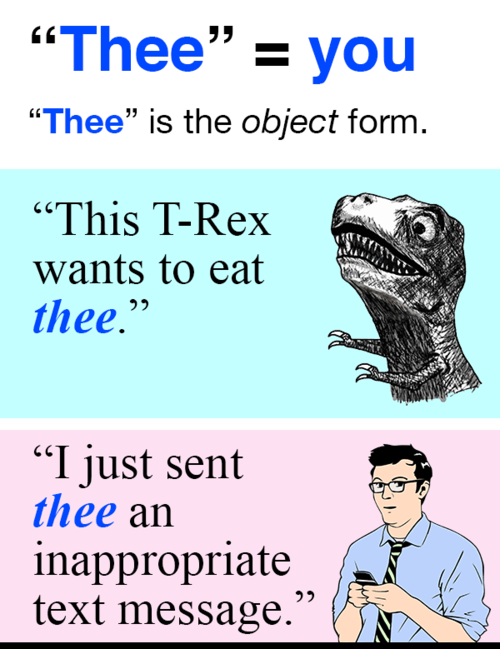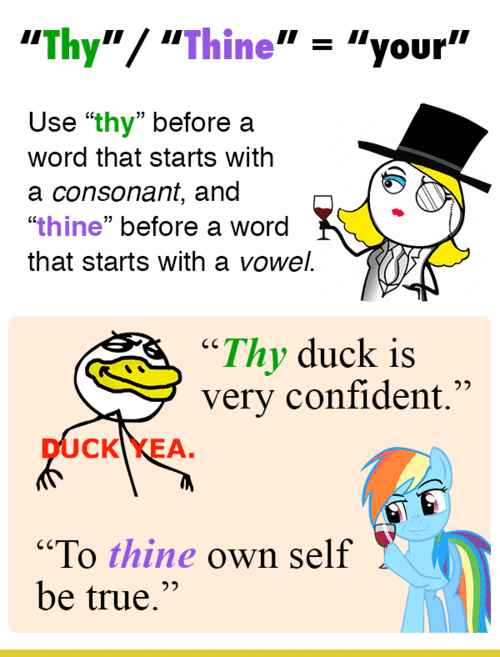The Old Man and the Sea by Ernest Hemingway
1. The Old Man and
the Sea is a novel about the struggle between an aged fisherman and the
catch of his life. Santiago has gone eighty four days without catching a
fish, bringing his hopes down as well as his apprentice. Manolin,
Santiago's prodigy, is forced to no longer fish with Santiago due to his
overwhelming bad luck. Santiago continues to fish even without his most
trusted assistant. One day Santiago once again travels the ocean waiting
for even a nibble. Finally after much time an enormous marlin gets caught
on Santiago's hook. They fight for many days until Santiago is finally
able to reel the monstrous fish in. After he spears the marlin, he
decides to make for land excited to see the reaction on the villagers. On
his journey back however numerous sharks approach the huge fish, taking large
pieces of flesh right in front of Santiago. Santiago manages to fight off
most of the sharks however by the time he reaches land the prized marlin is
nothing but a skeleton. Although very distraught, the villagers marvel at
the size of the marlin and praise the old man's fortitude.
2. I feel as if the theme of the novel greatly expresses self encouragement. Through out the battle with the great marlin the old man constantly reminds himself never to give in. Joe DiMaggio, Santiago's favorite baseball player, gives the old man the confidence he needs to carry on, asking himself constantly, "What would Joe do?" Even after the great fish is ravaged by the constant flow of sharks, Santiago always reminds himself to finish what he has started.
3. The tone of the novel is that of great sympathy for the old man. It is obvious that the author feels something for the main character.
2. I feel as if the theme of the novel greatly expresses self encouragement. Through out the battle with the great marlin the old man constantly reminds himself never to give in. Joe DiMaggio, Santiago's favorite baseball player, gives the old man the confidence he needs to carry on, asking himself constantly, "What would Joe do?" Even after the great fish is ravaged by the constant flow of sharks, Santiago always reminds himself to finish what he has started.
3. The tone of the novel is that of great sympathy for the old man. It is obvious that the author feels something for the main character.
- “Let him think that I am more man than I am and I will be so.”- At this point Ernest Hemingway is showing the reader the main character's weaknesses. But instead of mocking Santiago, Hemingway instead builds the main character up in a way.
- “It's silly not to hope. It's a sin he thought.”- Again Hemingway reflects his sympathy towards Santiago by portraying the message that in order to finish what he has done, Santiago must hope."
- “If the others heard me talking out loud they would think that I am crazy. But since I am not, I do not care.”- Finally, Hemingway could be mocking the character but instead he decides to reinforce the idea of the strength and will that Santiago possesses.
4.
- Rhetorical Question-“Luck is a thing that comes in many forms and who can recognize her?” The reader is not meant to answer this question but simply ponder on it.
- Symbolism-“Have faith in the Yankees my son. Think of the great DiMaggio.” Joe DiMaggio is a symbol of strength and courage throughout the entire novel.
- Antagonist- “Why did they make birds so delicate and fine as those sea swallows when the ocean can be so cruel?” Most readers might believe that the marlin would be the antagonist when in reality I believe it is the ocean itself.
- Connotation- “I hate a cramp, he thought. It is a treachery of one's own body.” Instead of directly stating what a cramp is, Santiago instead decided to elaborate on a different definition of what a cramp means to him.
- Allusion- “But I think the Great DiMaggio would be proud of me today.” When Hemingway wrote this novel I believe he thought most would know who the "Great DiMaggio" really was.
- Personification- “The fish is my friend too," he said aloud. "I have never seen or heard of such a fish. But I must kill him. I am glad we do not have to try to kill the stars." For some reason Santiago thinks of the marlin as his friend, almost treating it as a cherished relationship.
- Diction- “Fish," he said softly, aloud, "I'll stay with you until I am dead.” The diction throughout the entire novel is very simply, however it often packs a very powerful punch.
- Syntax- “But man is not made for defeat," he said. "A man can be destroyed but not defeated. " Again the syntax is very simply however because of the way Hemingway arranged these elementary words, he created a powerful and everlasting quote.
Characterization
1.
1.
- Direct Characterization- "Everything about him was old except his eyes and they were the same color as the sea and were cheerful and undefeated." Hemingway decides to use direct characterization here in order to inform the reader on just how vivid the eye's of the old man were.
- Direct Characterization- "Why did they make birds so delicate and fine as those sea swallows when the ocean can be so cruel? She is kind and very beautiful. But she can be so cruel and it comes so suddenly and such birds that fly, dipping and hunting, with their small sad voices are made too delicately for the sea." Although a form of personification, Hemingway again uses direct characterization when describing the personalities of the ocean.
- Indirect Characterization- "Do you believe the great DiMaggio would stay with a fish as long as I will stay with this one? he thought. I am sure he would and more since he is young and strong. Also his father was a fisherman. But would the bone spur hurt him too much?" From this quote the reader understands that Hemingway is describing Santiago's pain without directly stating it.
- Indirect Characterization- "After he judged that his right hand had been in the water long enough he took it out and looked at it. "It is not bad," he said. "And pain does not matter to a man." Although this might seem as if this represents a direct characterization quote, it in fact portrays the extreme pain Santiago is in without being candid about it.
3. I believe that Santiago is without a doubt a static character. Most readers would find a static character to be boring or dull, however it is Santiago's positive spirit that makes him such an interesting character. Even when the ocean and the entire world is against him, Santiago remains calm and ready for the next challenge. He is given many opportunities to quit but decides to carry on because of how far he has already gotten. Santiago also feels deep emotions for the sea even when it tears him down into submission. He respects the ocean and understands the actions it takes against him. I also find Santiago to be a flat character. He remains true to himself, for there is nothing to change about Santiago. If Hemingway was to make Santiago a round character I do not believe there would be such a lovely appeal to Santiago's character. Therefore there is not a doubt in my mind that Santiago is a flat character.
4. Honestly I feel as though I have met Santiago after reading the novel. He is a person I have always wanted to meet. Santiago has a strong will and an everlasting positive personality. I hope that someday I will meet a persona exactly like Santiago. "Fish, I love you and respect you very much. But I will kill you dead before this day ends." This might seem like a very gruesome example, however it shows the main characters true honesty. Most fisherman would not announce that they are going to kill a fish for fear of a bad omen, however Santiago declares it knowing that in order to succeed in his task he must stay honest. Although a very simple character, Santiago is a character I hope to meet one day.


